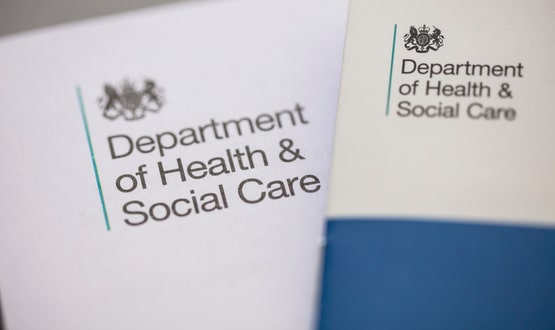NPfIT refutes claims on unforeseen costs
- 13 October 2004
The National Programme for IT (NPfIT) last night issued a lengthy statement refuting claims that it will generate billions of pounds worth of unforeseen costs. The programme said it has always made it clear that it would be spending up to 4% of the NHS budget, in line with recommendations in the Wanless Review.
The statement says: “The programme to modernise NHS computer systems – the NPfIT is on track and on budget and patient care will not be compromised.Indeed, better, faster and safer patient care is the objective of NPfIT."
It continues: "As an initial step, £2.3bn was earmarked in Spending Review 2002 for expenditure on the national programme over the following three years. This enabled contracts worth £6.2bn to be put in place covering procurement, development and delivery of the NPfIT core systems over the ten year lifetime of the project.
“We have never suggested that the cost of the programme would be limited to those contract costs alone. The central expenditure of £6.2 billion will be complemented, and was always intended to be complemented by local baseline IT spending – already around £1bn a year in the NHS as a whole and which will be available to support local implementation of the national programme.
“Moreover, we have always made it clear that we anticipate spending up to 4% of the total NHS budget, in line with the recommendations of the Wanless Report. This is a total budget which is increasing year on year to over £90bn."
- ICT infrastructure;
- applications such as the electronic patient record, electronic booked admissions; patient smart cards and the electronic staff record;
- investment in telemedicine and telecare for patients with chronic conditions;
- clinical governance support systems; and
- staff training
The national programme’s statement concluded: “Thus the cost of implementing the national programme is in the context of this government’s enormous additional investment, increasing year on year, in the NHS. By any measure, and over any timescale, the cost of the national programme represents only a small, though a vitally important, fraction of that investment, and one which has always been anticipated.
“The national programme will also free up money by providing lower cost and higher specification systems. And common systems will also lead to significant reductions in retraining costs of staff, many of whom move to a different NHS organisation each year – often requiring induction into the use of entirely different IT systems. One computer system means simpler training for staff as they move between hospitals.
“Significant financial benefits also will accrue from the national programme as it frees doctors and other staff from unnecessary and time-consuming administrative tasks.
“Thus, any suggestion that vast unforeseen expenditure has been incurred, or that patient services will be robbed to meet this is complete nonsense.”




